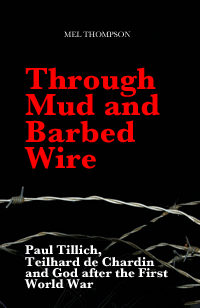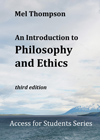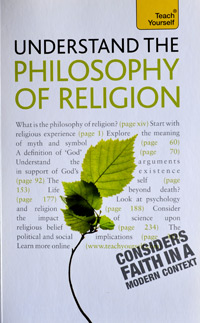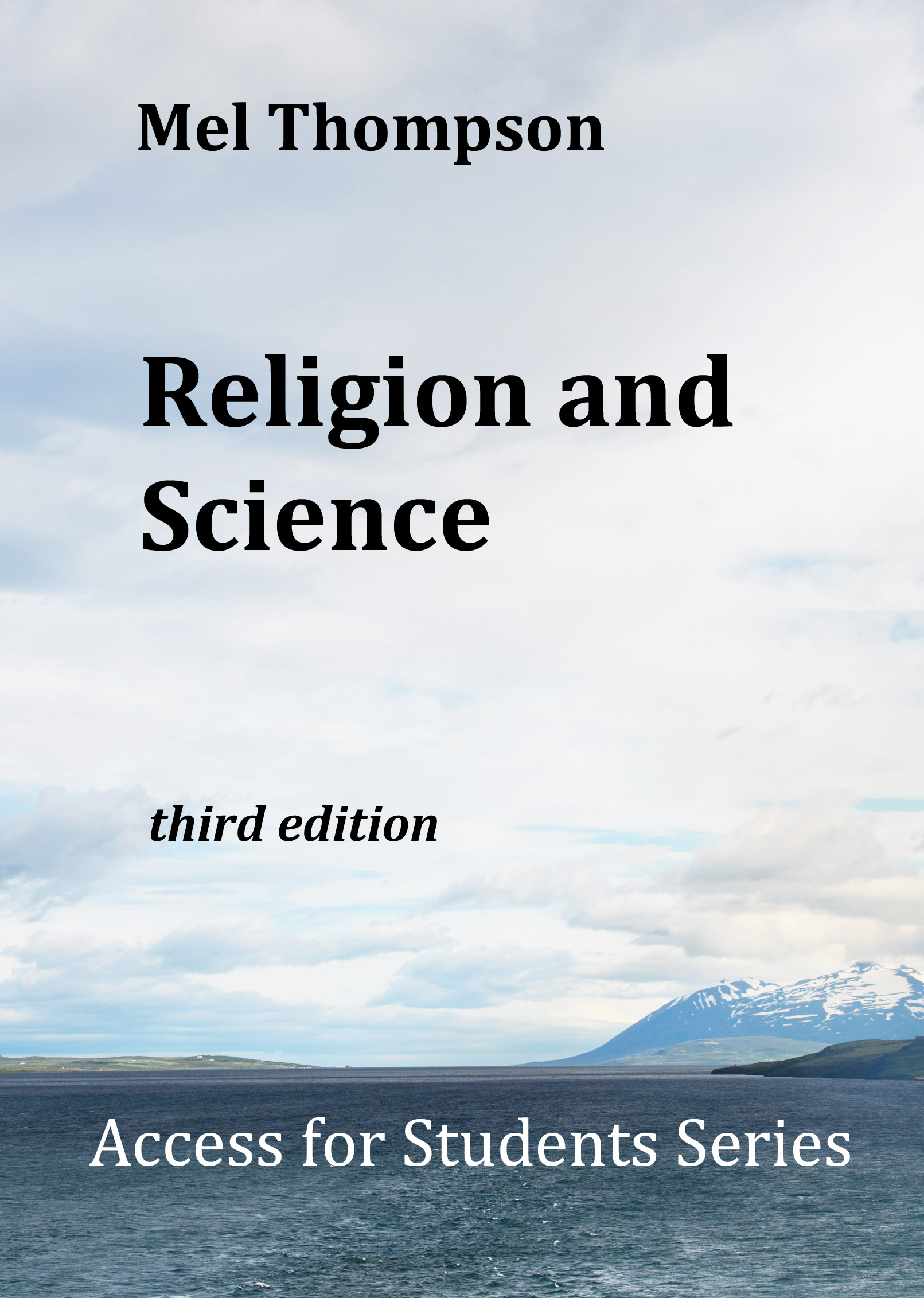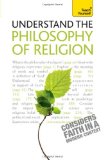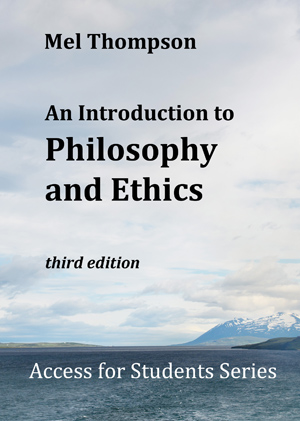For details, contents and extracts from my books on the Philosophy of Religion, just click any of these titles...
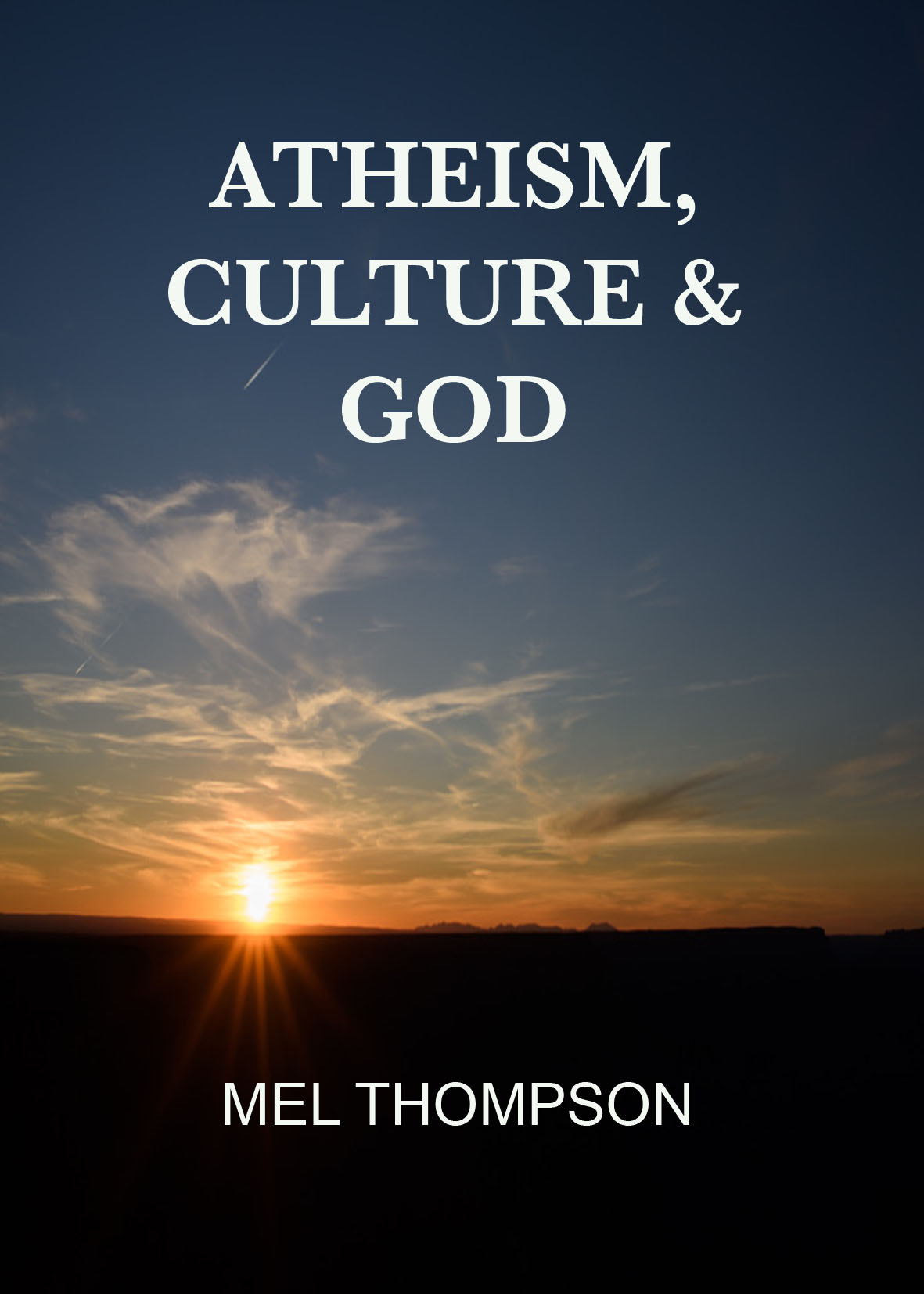 Can Atheism Rescue God? (and vice versa)
Can Atheism Rescue God? (and vice versa)
After years of delay and hesitation, I have now (Summer 2025) published by book on the relationship between atheism and God. It suggests that atheism may have a positive contribution to make in rescuing the idea of God from those who present him in literal and supernatural terms, rather than as a shorthand term for the reeality within which we 'live, move and have our being' - to quote St Paul.
It is published in both ebook and paperback editions, at prices starting from £1.99 / $2.99. Click the cover for more information and a list of contents.
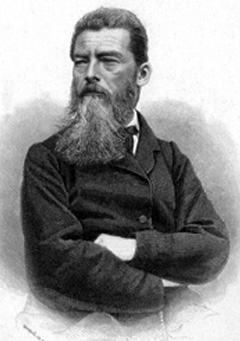 Ludwig Feuerbach (1804-72)
Ludwig Feuerbach (1804-72)
If you've always thought of Feuerbach as an atheist who saw God as no more than a projection of humankind's best qualities, think again. He's a remarkable thinker, and contributes positively to our understanding of 'God' in today's secular world.
Here are some of my notes on The Essence of Christianity, 1841.
 It's enough to make you...
It's enough to make you...
Reconnecting Philosophy and Theology (2020)
From The Philosopher, Volume CVIII No. 1 Spring 2020
THE QUESTION OF BEING:
Reconnecting Philosophy and Theology
Why has a caricature of God been allowed to dominate much modern Philosophy of Religion? asks Mel Thomson. The answer, he believes, reveals a crucial blind spot of the Enlightenment.
Read the article here:
http://www.the-philosopher.co.uk/2020/03/reconnecting-philosophy-and-theology.html
 Is our experience of suffering and moral evil compatible with belief in a loving God?
Is our experience of suffering and moral evil compatible with belief in a loving God?
I've written an article for latest issue of Dialogue magazine, on this question, entitled God on Trial.
You get get information about Dialogue, by clicking here. In addition, if you'd like to see my existing notes on the subject, click here
Philosophy of Religion - the challenge (my personal view)
In the introduction to his book A History of Modern Britain, 2007, Andrew Marr, political commentator and shrewd observer of the modern mores, comments on the experience of living in Britain since the Second World War:
‘In the period covered by this book, the dominant experience has been acceleration. We have lived faster. We have seen, heard, communicated, changed and travelled more. We have experienced a material profusion and perhaps a philosophical and religious emptiness that marks us off from earlier times.’ p. xxxi
If his comment is right – and I believe it is, minus the 'perhaps' – then there is no more important challenge today than to get to grips with the Philosophy of Religion. Philosophy should not be an obscure or exclusively academic subject. At its best, it is simply the willingness to think carefully about what it is we know and what it is we value. It is the process of bringing reason and evidence to bear on the assumptions of everyday life.
So the challenge of studying the Philosophy of Religion is to apply reason to religious beliefs and values, and to do so in a way that is rigorous (not being afraid to ask difficult questions) and also sensitive, recognising the key importance that religion has in the lives of very many people.
Sadly, there are plenty of religious people who do not seem willing or able to use their reason to examine what religion is about, preferring fundamentalist acceptance of dogma. Equally, there are a good number of really intelligent people (including top scientists and philosophers) who seem particularly obtuse when confronted with religious ideas, preferring to caricature and dismiss them, rather than examine why people choose to follow them.
Hopefully, a grounding in the Philosophy of Religion will be a useful antidote to both of these narrow views.
 From my notes for students...
From my notes for students...
(Just click on any topic to go to the notes.)
Does God Exist?
If you think the answer to that question should be straightforward, consider this quote from St John of Damascus (c675-c750):
'God does not belong to the class of existing things: not that he has no existence, but he is above all existing things, nay even above existence itself.’
In other words, if you think that God 'exists' in the same way that other things exist, then you have not understood what the word 'God' is about.
 The greatest challenge to the idea of God...
The greatest challenge to the idea of God...
Can miracles happen? What do they say about God?
What can we know and what can we say?
 Religious Experience, Religious Language
Religious Experience, Religious Language
And is faith compatible with reason?
Other ideas...
 Or is the whole idea of a philosophy of religion a mistake?
Or is the whole idea of a philosophy of religion a mistake?
In my view, most of the arguments presented in the Philosophy of Religion do not get to grips with the nature of religion because they tend to identify it with a set of propositions to be believed, rather than an overall experience of life. Why has this happened? And what on earth has this to do with mountains and Wittgenstein's advice about looking? Read more...
The Logic of Divine Impotence
If there is one single thing that inclines me to atheism, it is the logic of divine impotence and the wriggles that some theists use to avoid it. Read more.
(This short article, taken from the draft of my new book about God, is also relevant to those studying 'miracles' and 'the problem of evil')
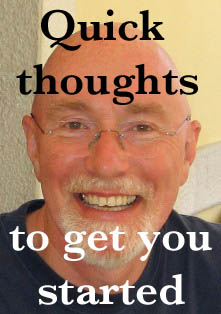 New to the Philosophy of Religion? Here are some quick thoughts to get you started...
New to the Philosophy of Religion? Here are some quick thoughts to get you started...
Is God needed to give life meaning? / The problem of evil / Science and religion / Does fundamentalism get to the bottom of it? / Eastern wisdom / Can you experience God? / Can there be a multi-faith truth? / What are the hazards and benefits of religion? / The distraction of militant atheism
Just click my image to get your discussion started....


